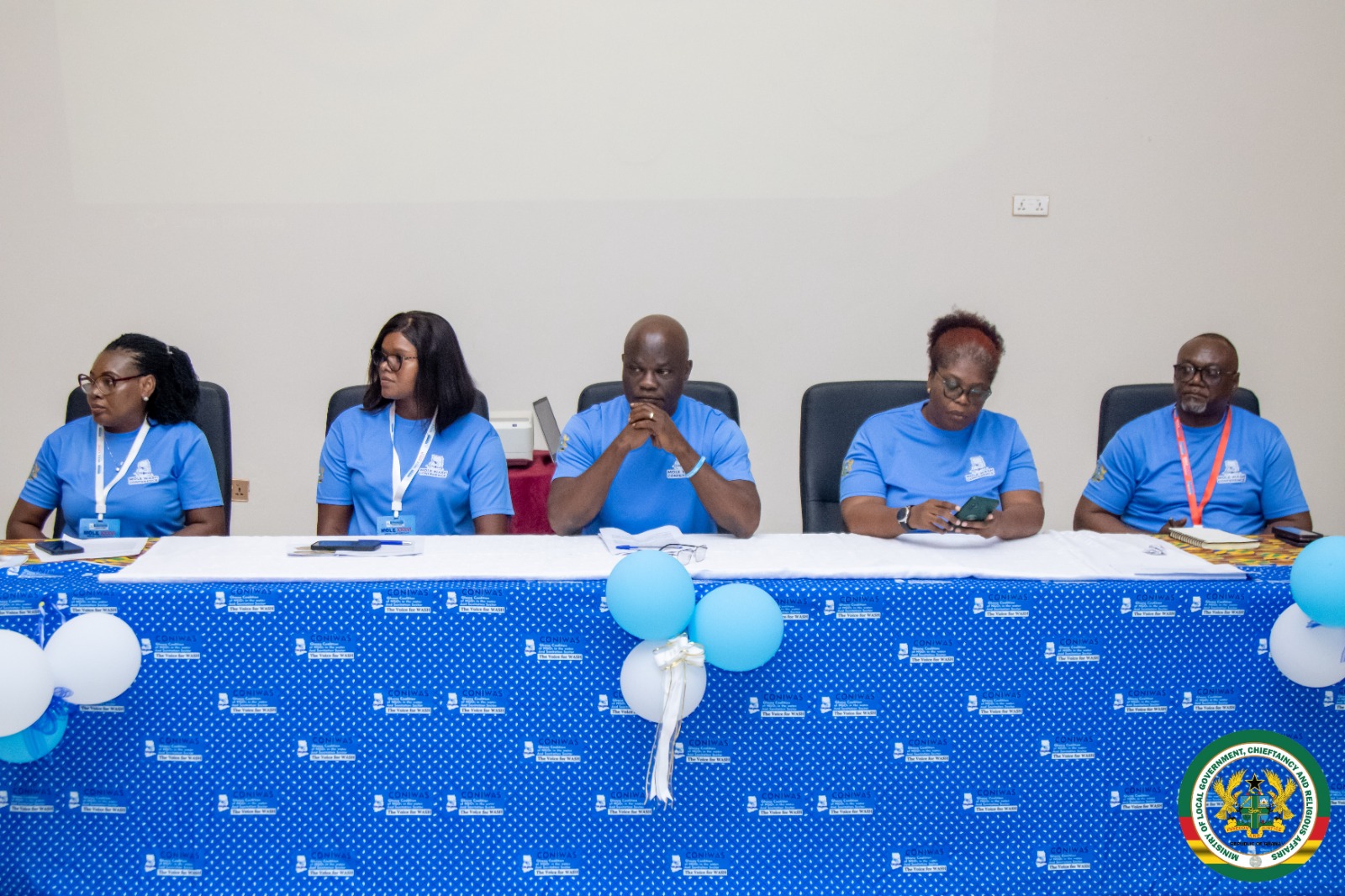The Norwegian government has reaffirmed its strong commitment to supporting Ghana’s sustainable urban development and local governance initiatives. This assurance was given by Norway’s Ambassador to Ghana, Dr. John Mikal Kvistad, during a courtesy call on the Minister for Local Government, Chieftaincy and Religious Affairs (MLGCRA), Hon. Ahmed Ibrahim, in Accra.
Dr. Kvistad commended Ghana for its practical and proactive approach to implementing development cooperation programmes, describing the country as a trusted and forward-looking partner. He emphasized that Norway remains committed to strengthening its collaboration with Ghana, particularly through ongoing projects that promote sustainable cities, inclusive governance, and data-driven development.
He highlighted the Ghana Smart SDG Cities Programme, jointly implemented with UN-Habitat and funded by the Government of Norway, which supports ten cities across the country to localize the Sustainable Development Goals (SDGs). The Ambassador noted that the initiative’s data-driven and impact-oriented approach is helping cities plan more effectively, improve service delivery, and build resilience in line with Ghana’s national development strategies.
Dr. Kvistad also acknowledged the long-standing partnership between Ghana and Norway. He added that the recently signed bilateral Memorandum of Understanding (MoU) between the two countries provides a solid framework for even deeper collaboration in key sectors of mutual interest.
In his remarks, Hon. Ahmed Ibrahim expressed appreciation to the Government of Norway for its continuous partnership and technical support. He said Ghana’s Smart SDG Cities Initiative represents a bold national effort to transform cities and communities through smart urban planning, digital innovation, and inclusive development, in line with Agenda 2030 and Ghana’s long-term vision.
The Minister outlined progress made so far, including the onboarding of ten participating Assemblies, establishment of District Implementation Committees, capacity-building workshops for local government officials, and preparation of Voluntary Local Review Reports (VLRs). He said these activities are helping to strengthen the capacity of local authorities and improve the coordination of sustainable urban policies.
Hon. Ibrahim reaffirmed Ghana’s commitment to building cities that are smart, equitable, and sustainable, emphasizing that with Norway’s continued partnership, Ghana could serve as a model for Smart SDG localization across Africa. He expressed optimism that the strengthened cooperation between the two countries would lead to even greater progress in advancing shared goals for climate resilience, innovation, and inclusive urban development.
SOURCE: Sandra Owusu Asamoah
MLGCRA Public Relations Unit

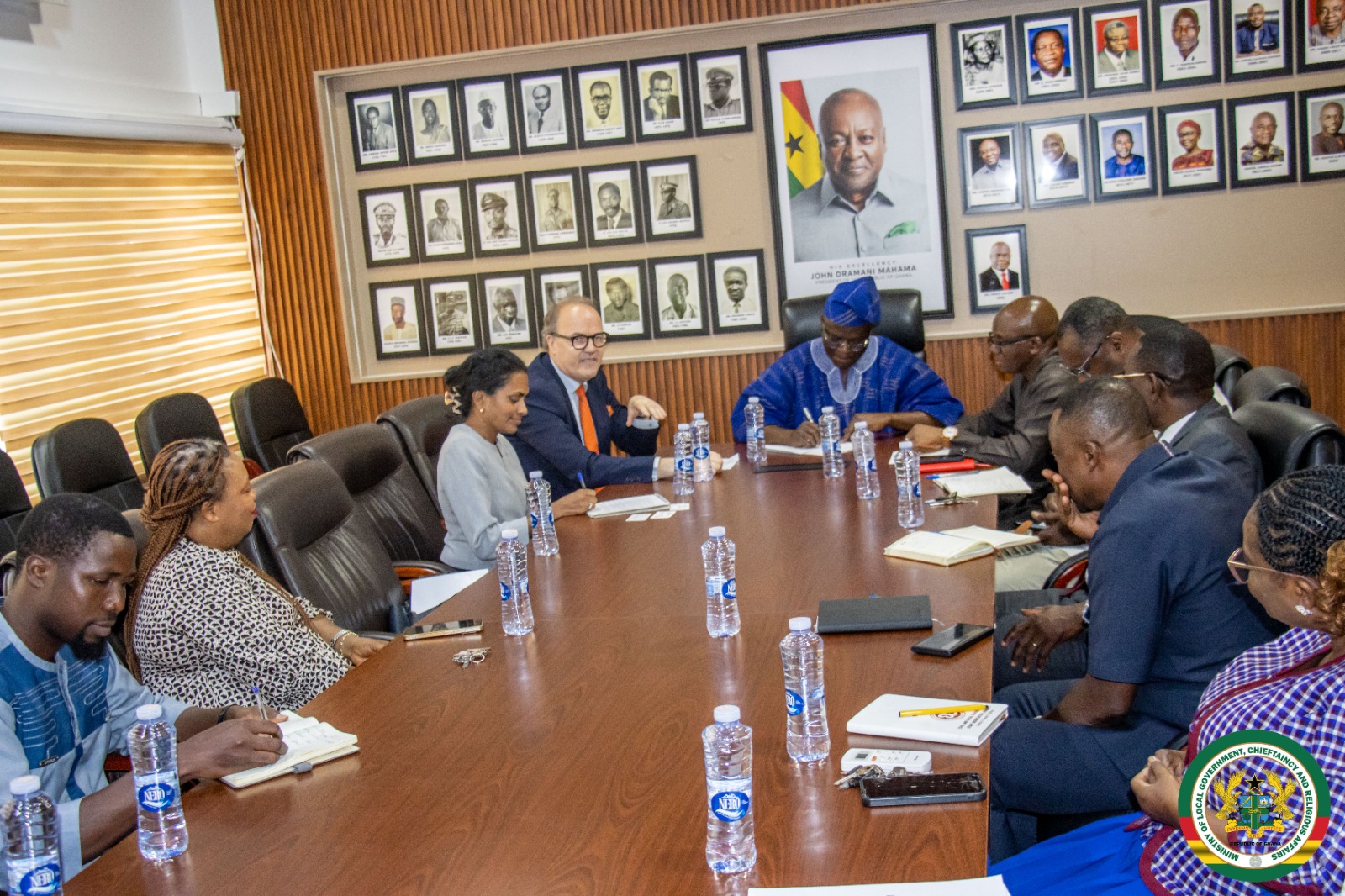
.jpeg)
.jpeg)
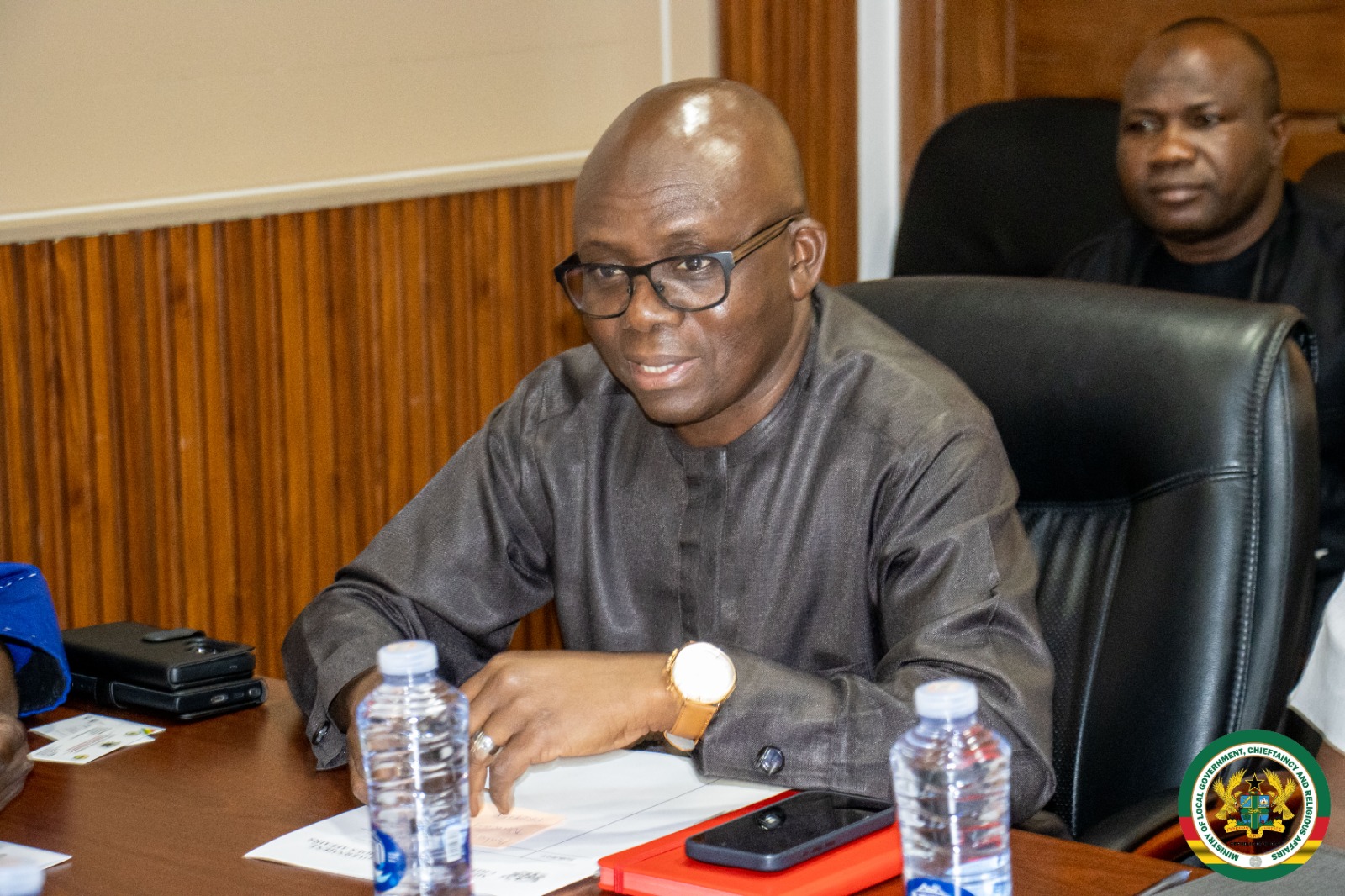
.jpeg)
.jpeg)
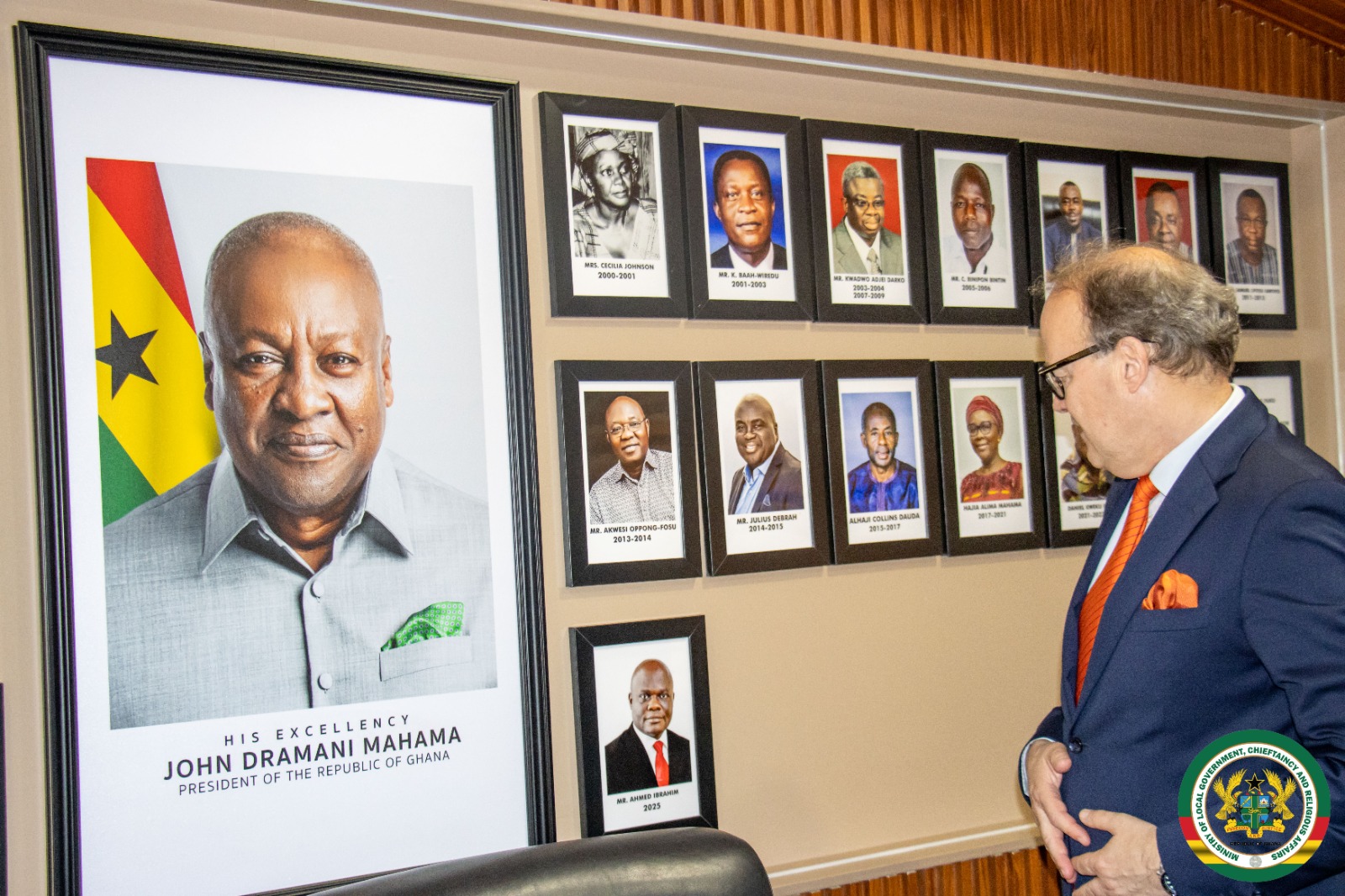
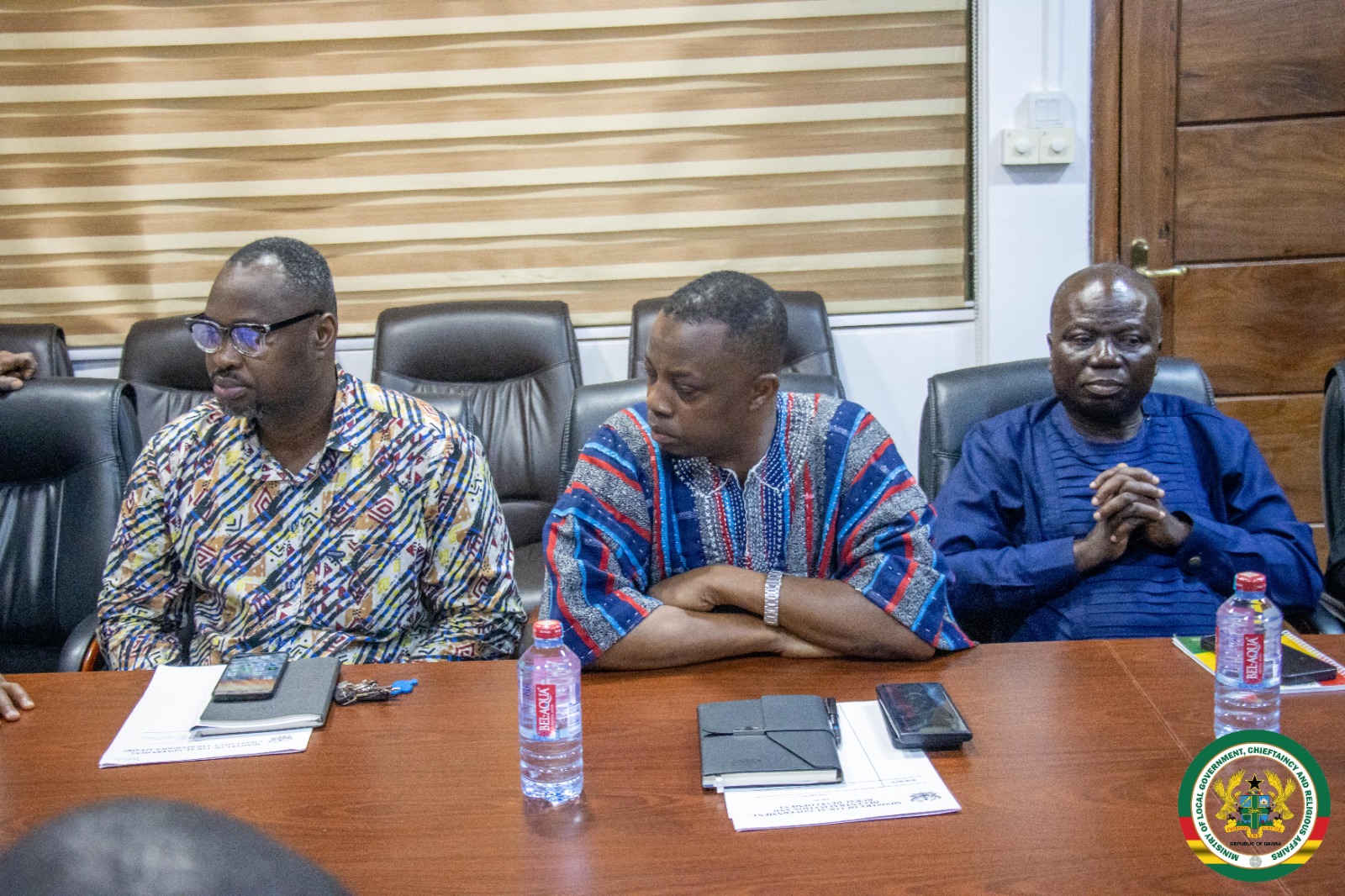
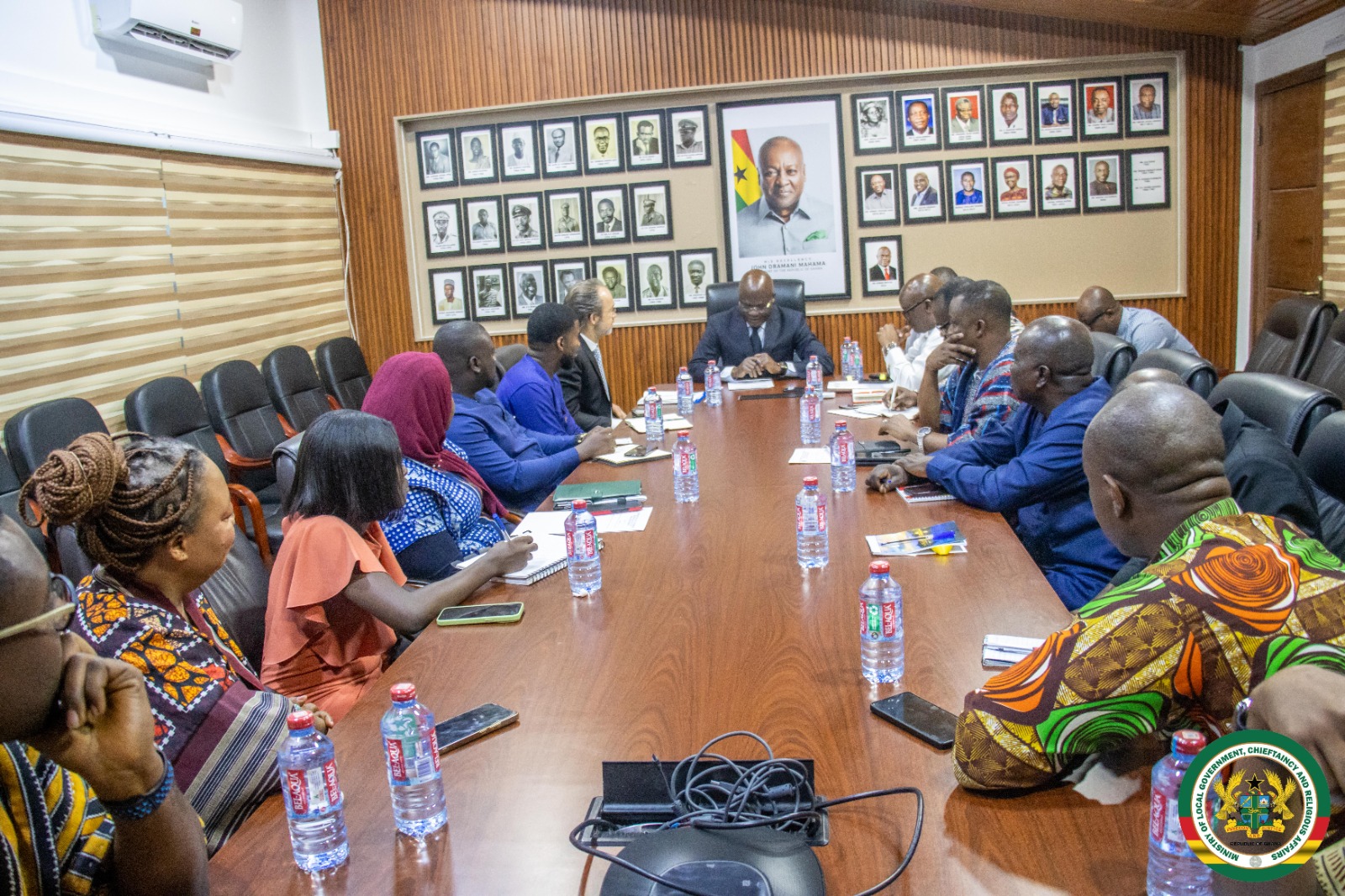
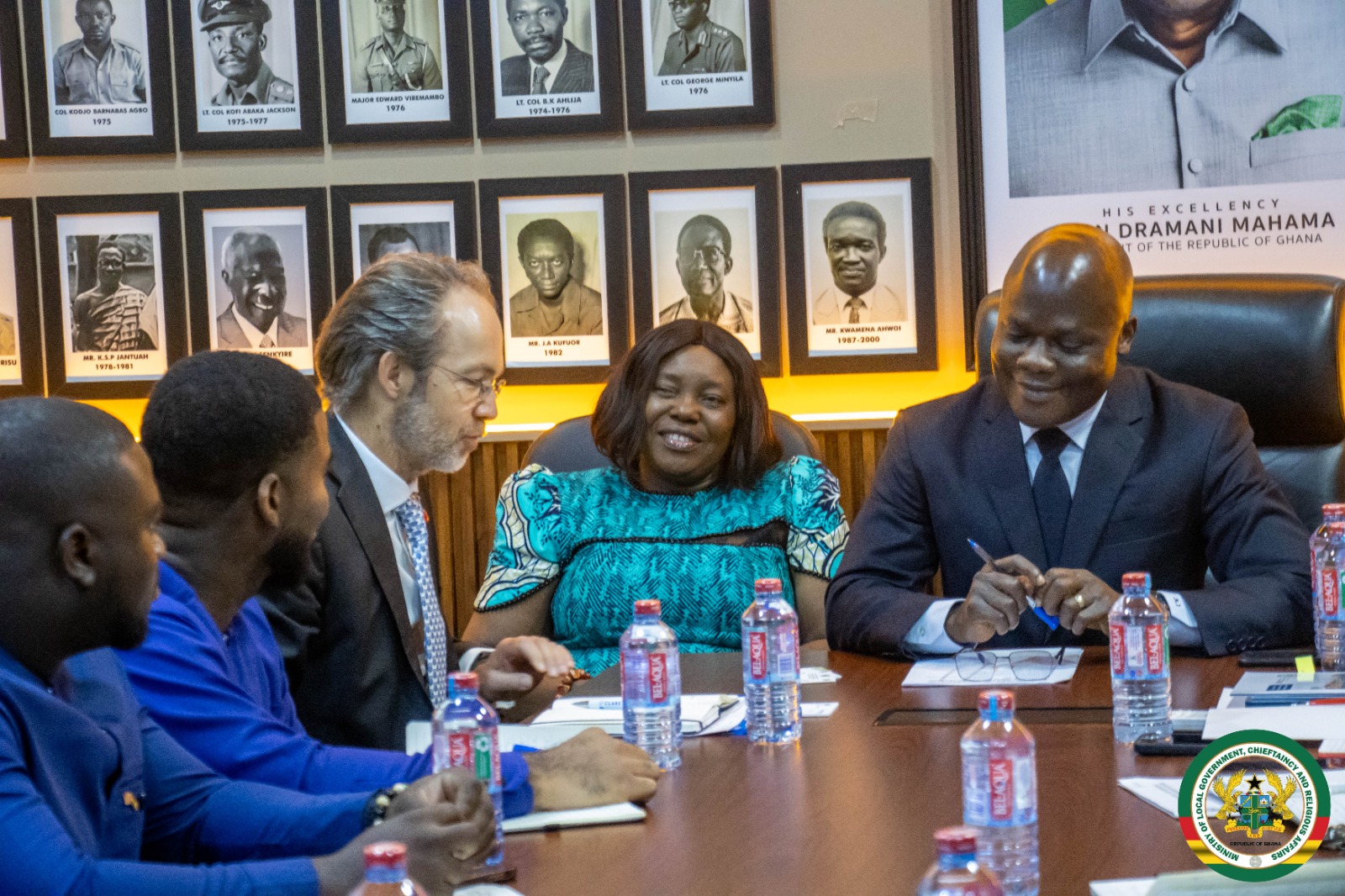
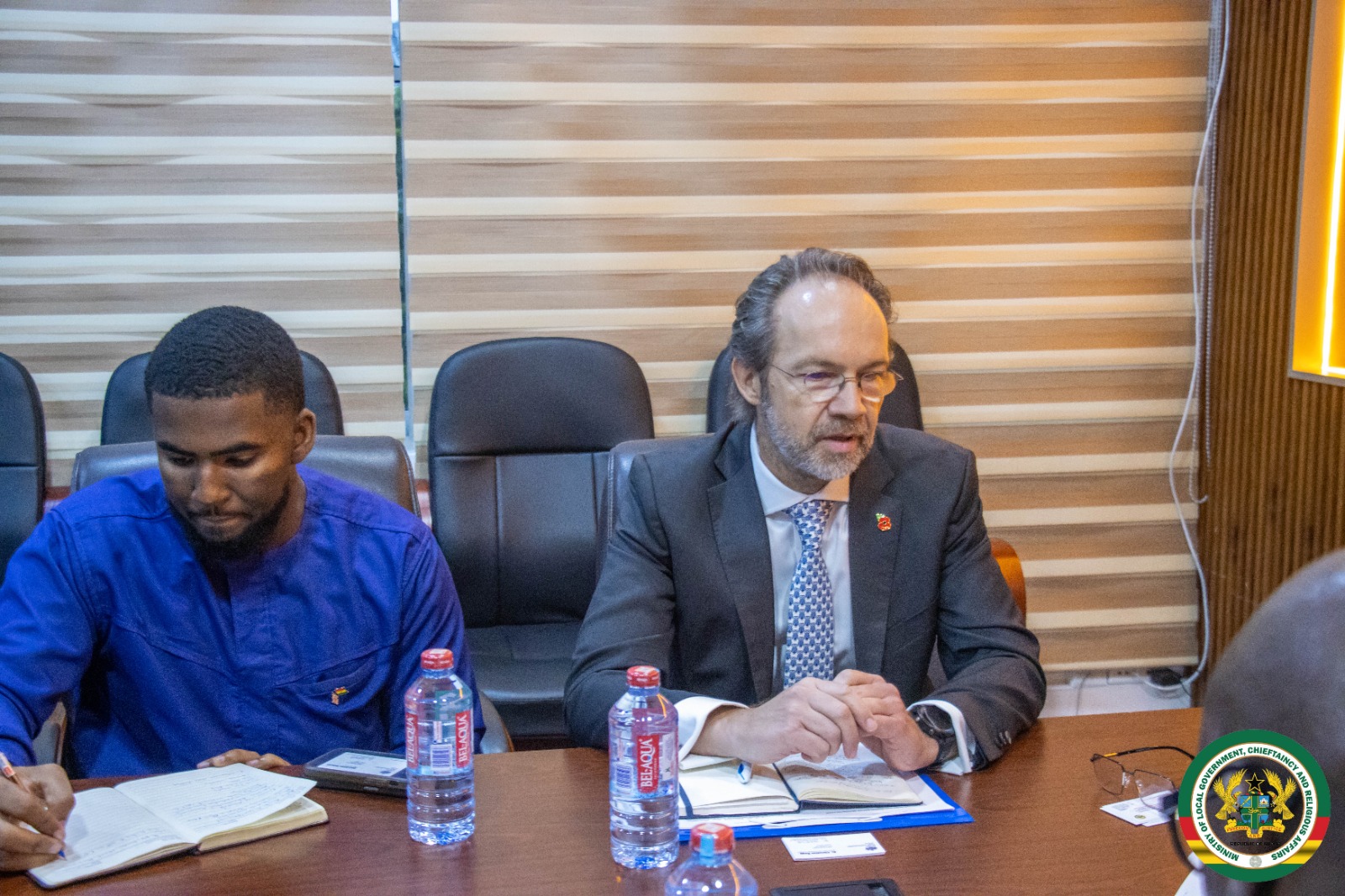
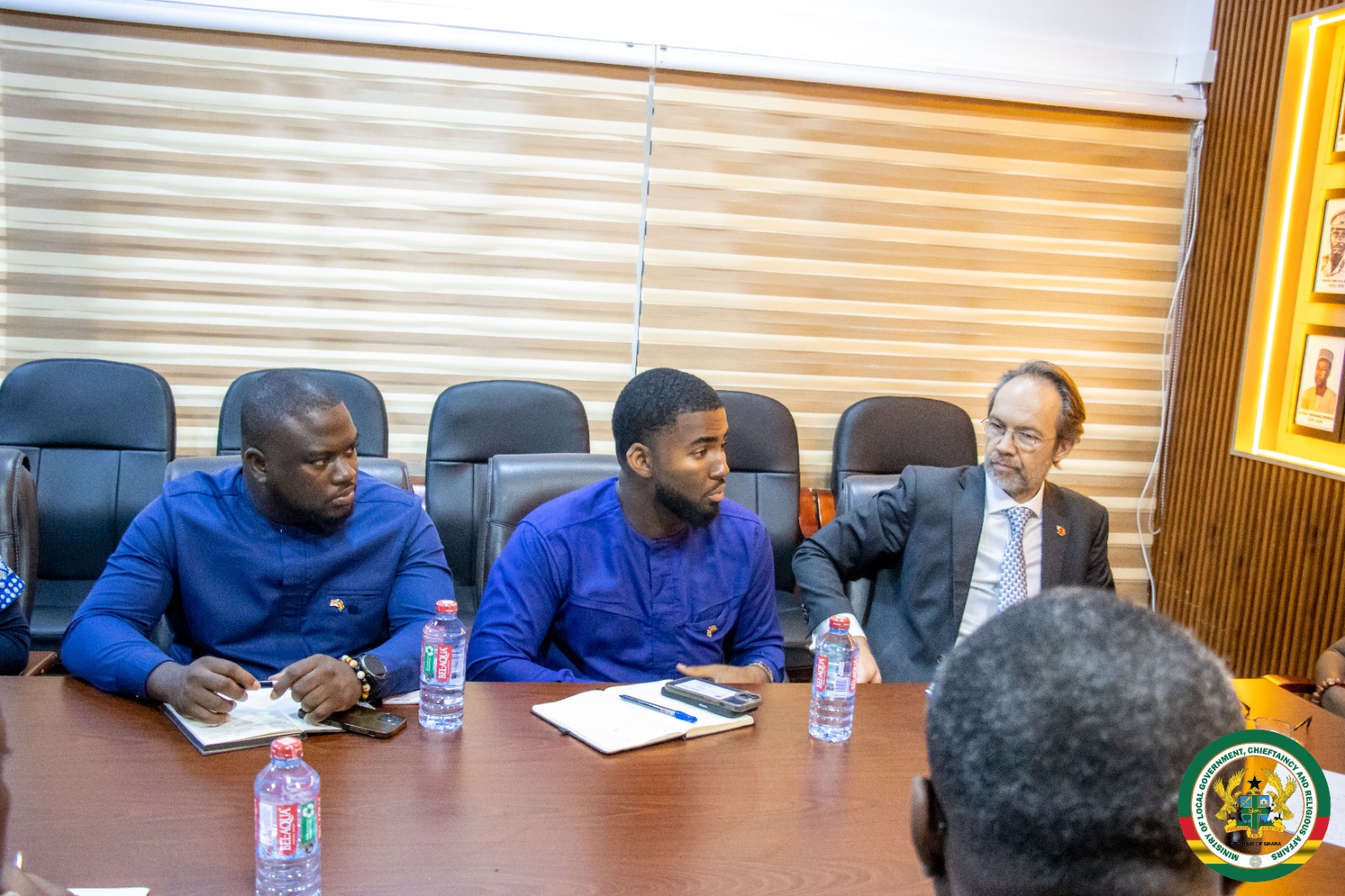
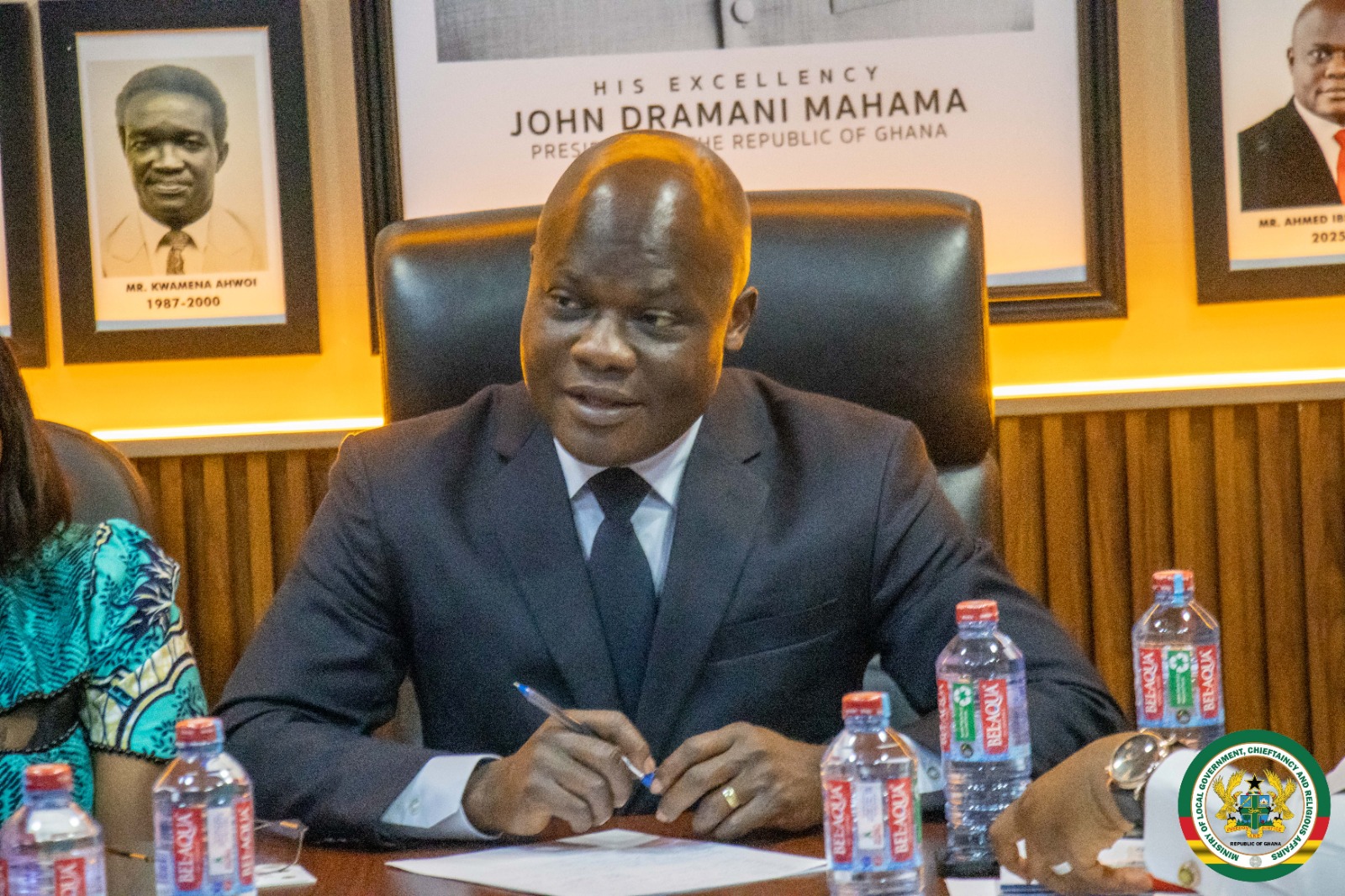
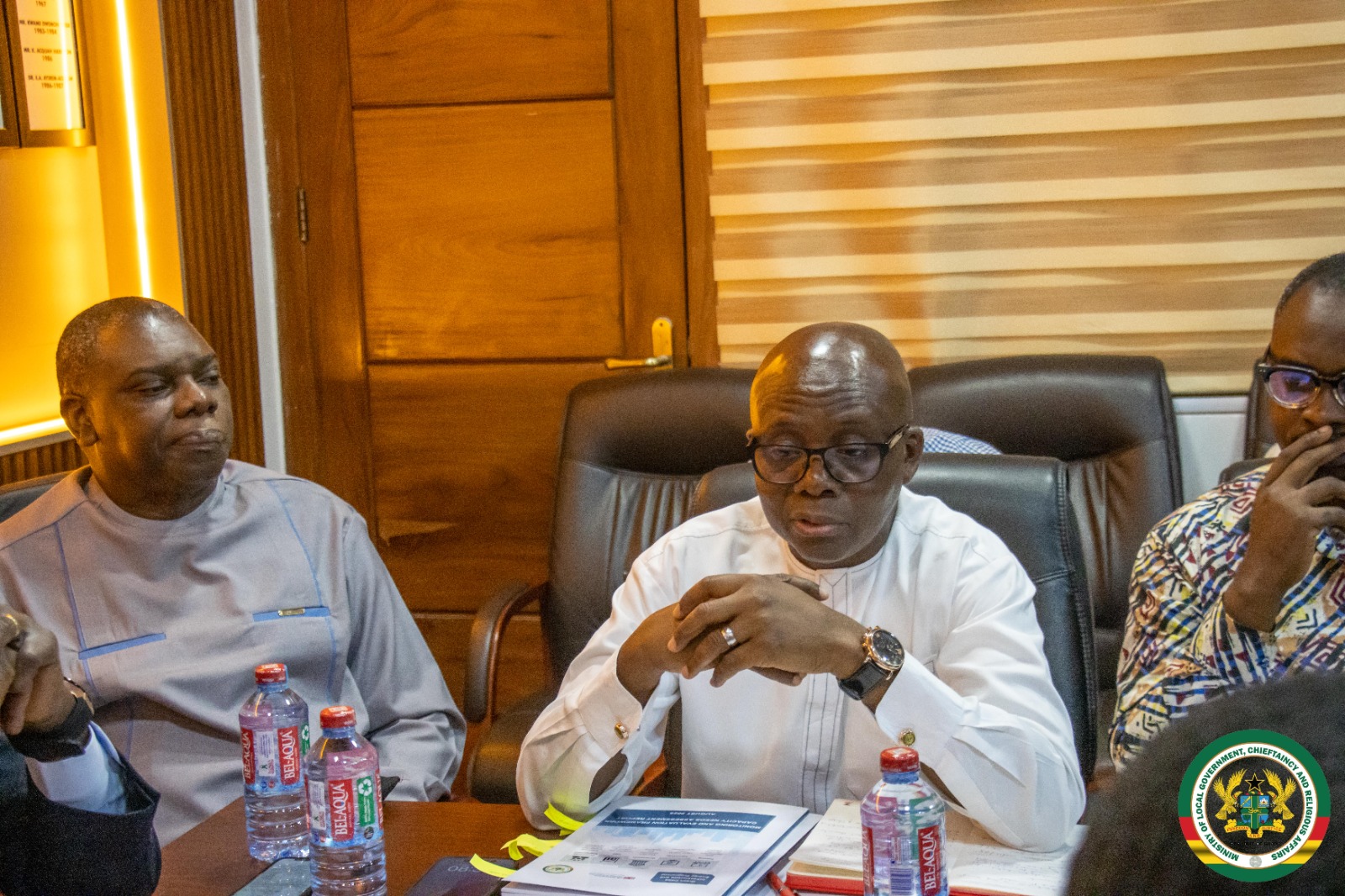
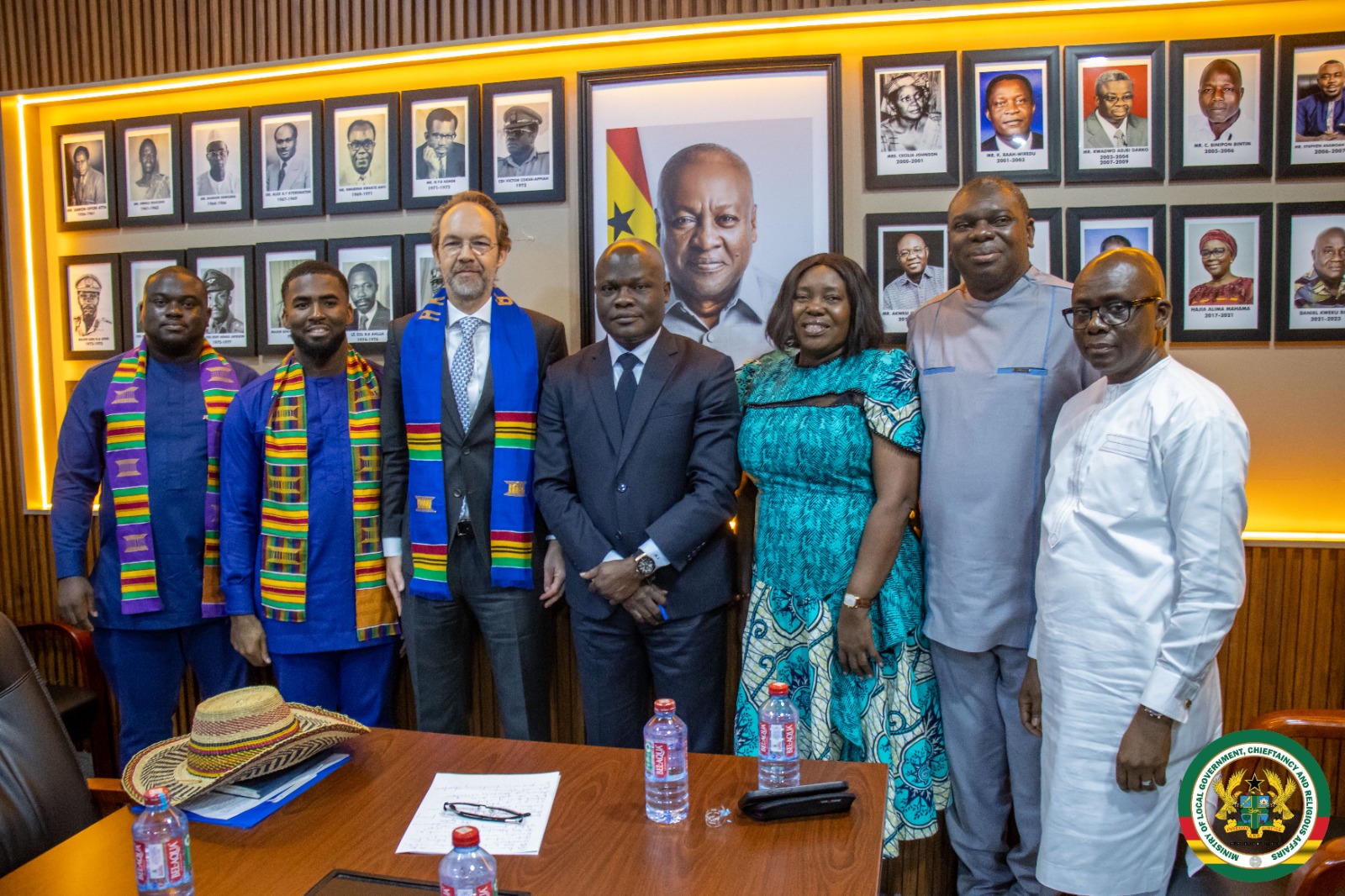
.jpeg)
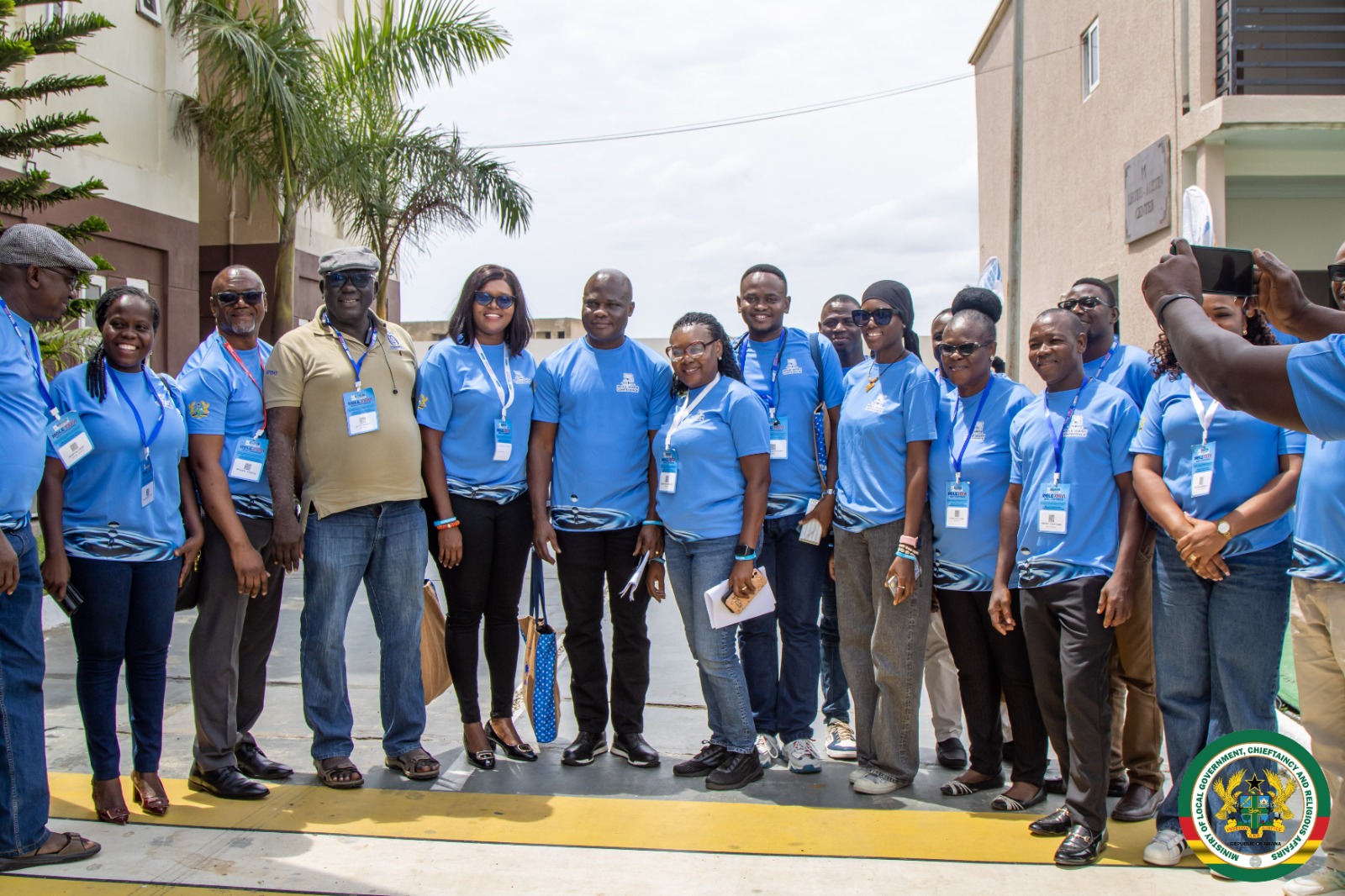
.jpeg)
.jpeg)
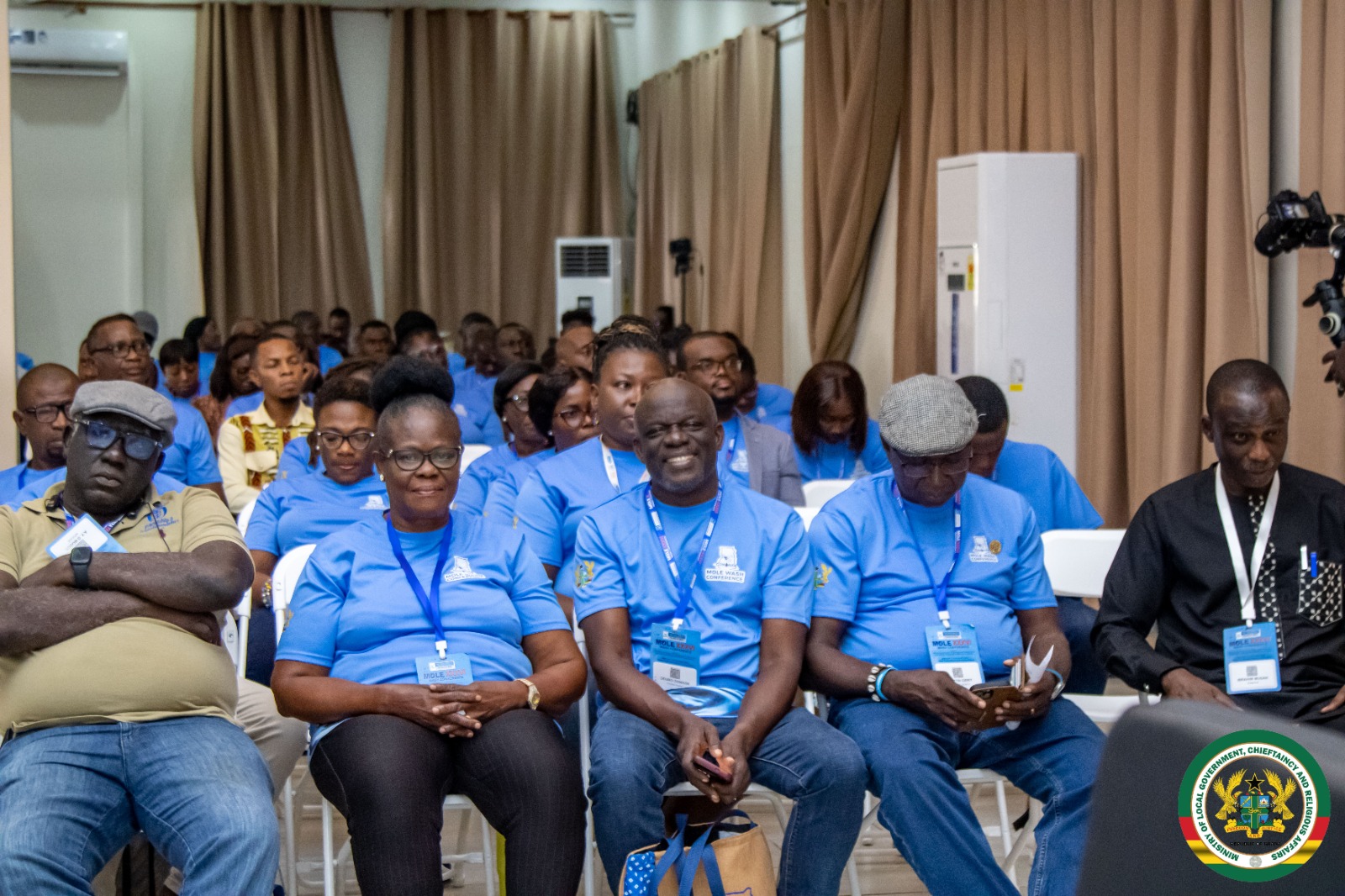
.jpeg)
.jpeg)
